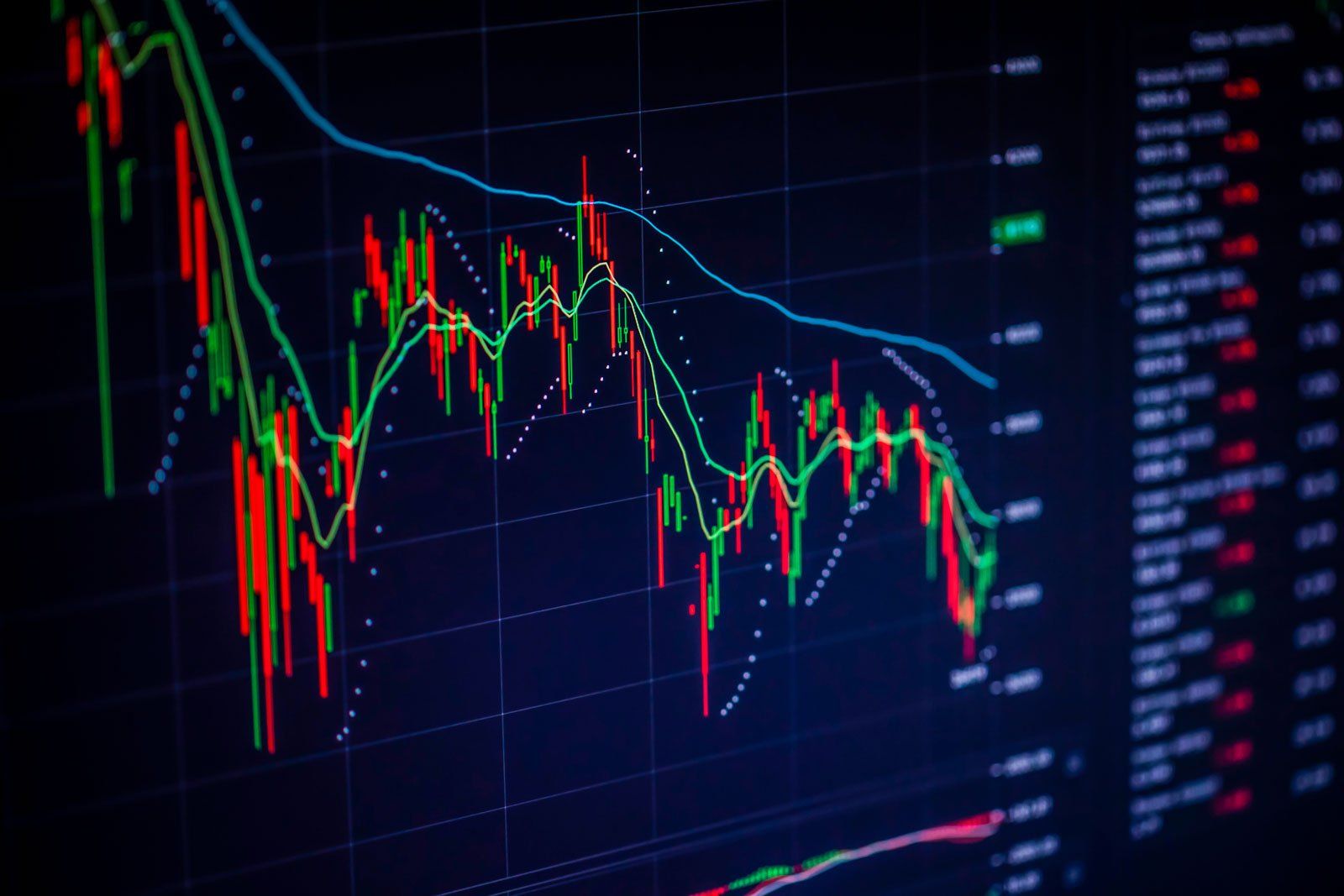October 15, 2021
Bitcoin ETF Futures Have a Standing Chance

Next week is the cutoff for ProShares and Invesco filings. Finally, after a nearly ten-year-long push, tacit approval can be seen.
The U.S. Securities and Exchange Commission (SEC) has posted a tweet about investing in funds that hold bitcoin futures contracts. The tweet has encouraged optimism in the crypto community about the possibility that the regulator will soon approve bitcoin exchange-traded funds (ETFs), particularly those that invest in bitcoin futures.
People familiar with the matter say that Private Company The Securities and Exchange Commission is ready to allow the first U.S. Bitcoin Futures exchange-traded fund trade in a historic moment for the cryptocurrency industry.
According to people on anonymity, the regulator won't likely block the products trading next week. ProShares and Invesco Ltd.'s proposals are not based on Bitcoin ETF applications, which the regulator rejected previously. Instead, they were filed under mutual funds rules that SEC Chairman Gary Gensler said to provide "significant investor protections." ProShares officials and a spokesperson for the SEC did not respond to our request.
The fund's launch will mark the end of nearly a decade-long campaign by $6.7 trillion based on ETFs. As a sign of widespread acceptance of cryptocurrency, advocates have applied for approval since Cameron Winklevoss, and Tyler Winklevoss filed the first application to establish a Bitcoin ETF in 2013.
Issuers have struggled for years to obtain approval. They tried many different structures and failed with every attempt. Many plans have allowed funds to hold Bitcoin in a digital assets vault or use leverage to increase returns.
Others tried to reduce Bitcoin's volatility, which was a major contention point for the SEC. Bitcoin reached $58,800, its highest level since May. In April, $64,869 was the record-breaking market capitalization for cryptocurrency. In the past, the SEC has argued that investor hazards plague the crypto space.
SEC expressed concerns that prices could be manipulated, liquidity might not be sufficient, and Bitcoin's extreme price swings may prove too difficult for individual investors. As a result, Bitcoin's three last full-year returns had a 74% loss and 95% and 35% gains.
The SEC also questioned whether funds would have sufficient information to properly value cryptocurrencies and related products. In addition, questions have been raised about the validity of coins owned by funds and the threat from hackers. Bloomberg Intelligence: Sources say that the SEC won't oppose the Bitcoin Futures ETF at the deadline. Many crypto advocates were encouraged by Gensler's appointment as the agency's chief.
They cited his past interest in crypto -- he taught a class at MIT called "Blockchain and Money" at the Sloan School of Management. The chairman recently called the space the "Wild West" but has indicated that he would like more strict oversight of the markets. Gensler, who indicated that he would favor funds based upon CME-traded Bitcoin futures and filed under a 1940s statute in August, seemed to change the mood.
He reiterated his stance late last month. This has sparked a flood of futures-backed filings and an unbridled optimism among issuers about the possibility that approval might be imminent. This speculation has led to a massive rebound in Bitcoin's price, which has reached its highest point since May this year.
Since breaking below $30,000 in July, the world's biggest cryptocurrency has almost doubled. Four futures-backed Bitcoin ETFs could start trading on U.S. Exchanges this month. Valkyrie and VanEck are also close to closing their applications. Numerous cryptocurrency exchange-traded products are already available in Canada and Europe. Valkyrie did not comment.
© 2025
All Rights Reserved | Online Prop Trading
Disclaimer: This content is provided for informational purposes only. We strive to make the content accurate and current by updating it often. Sometimes, the actual data may differ from what is stated on our website. onlineproptrading.com operates independently. Although we are an independent platform, advertisements and sponsored products may compensate us. We also receive compensation for clicking on links on our website. Authors and contributors are not certified or registered financial advisors. Before making any financial decisions, you should consult a financial professional.


